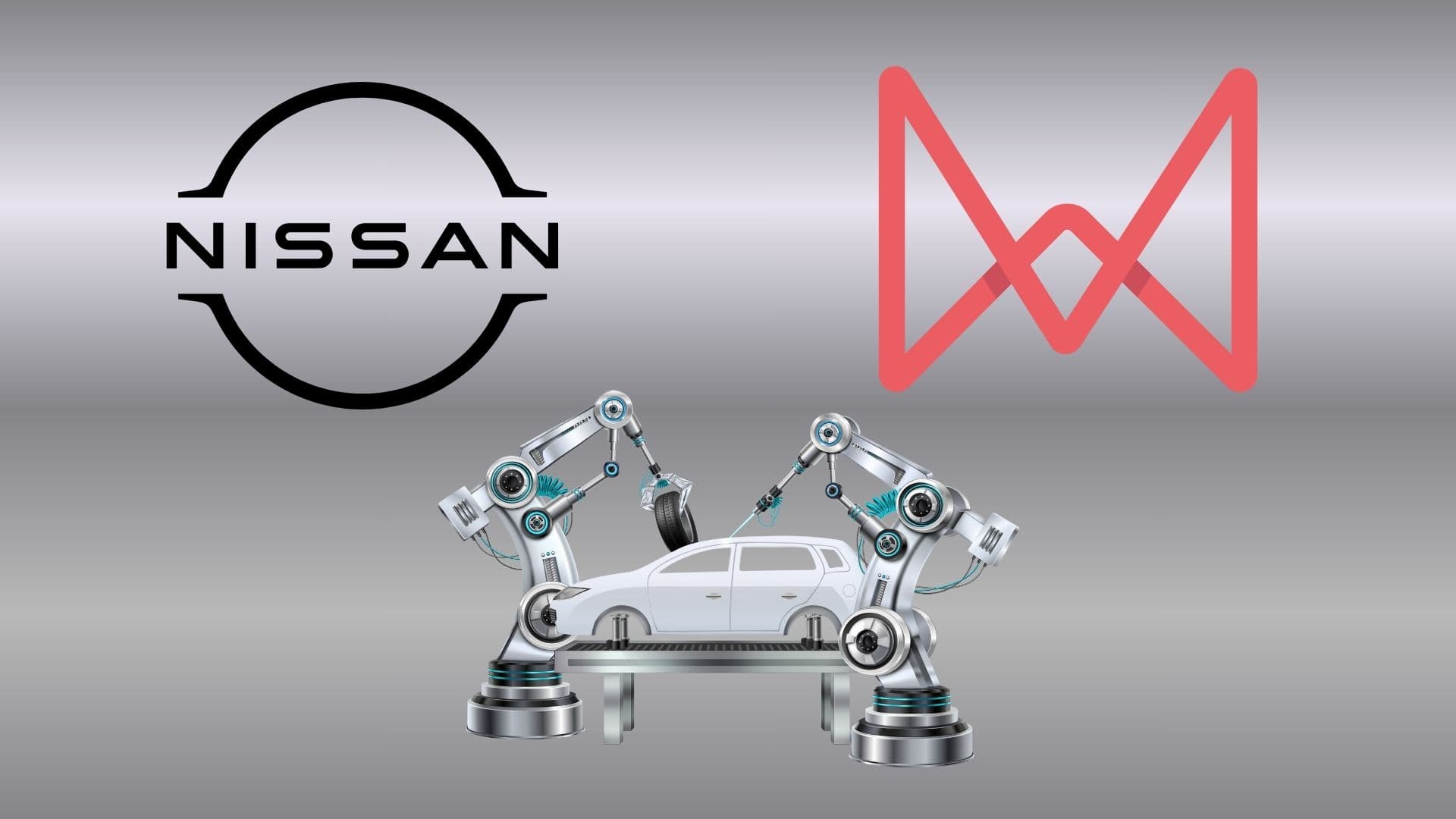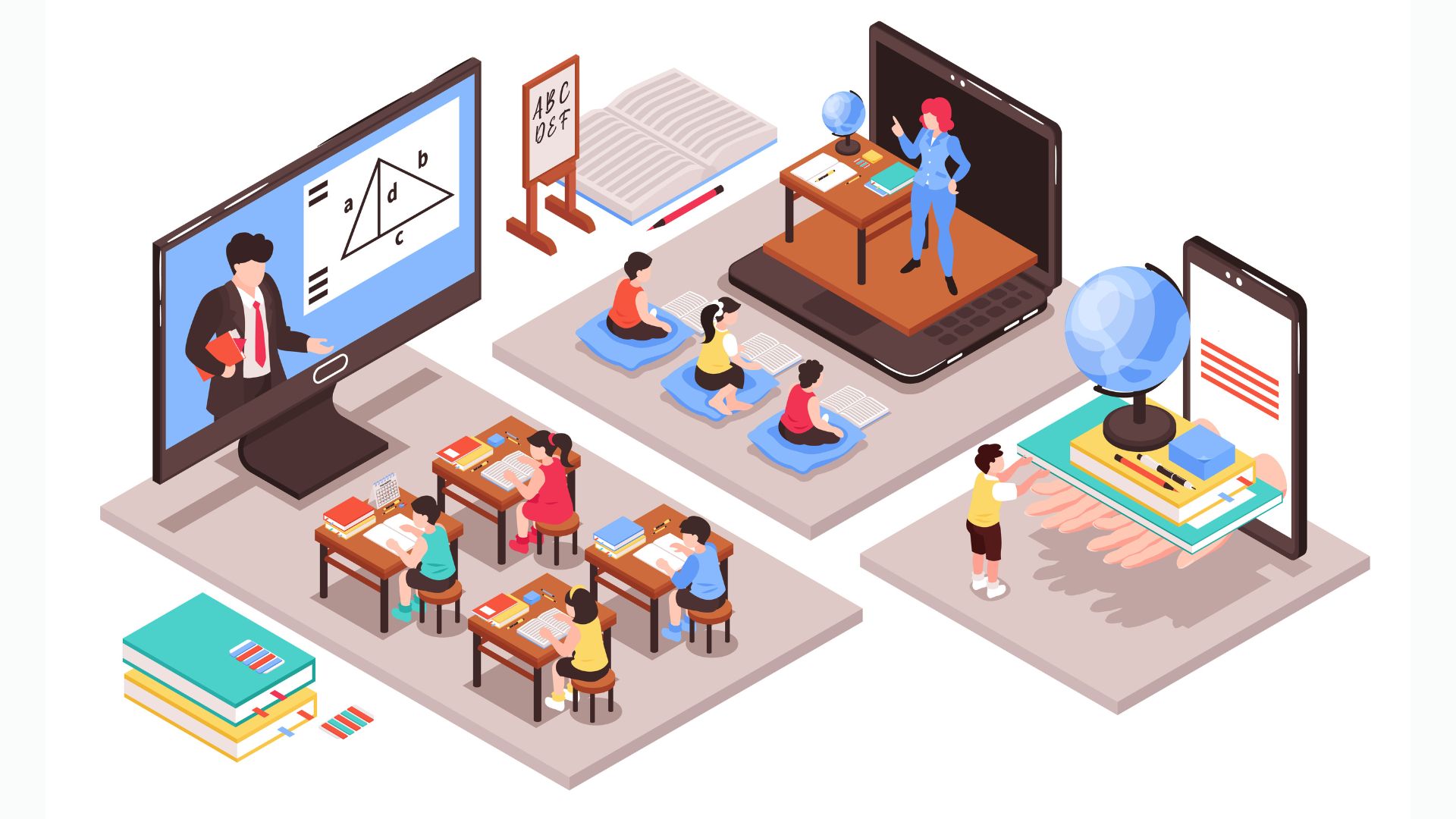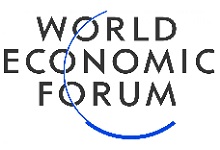Lambda has announced a multibillion-euro agreement with Microsoft to expand AI infrastructure powered by tens of thousands of NVIDIA GPUs, marking one of the largest private cloud computing collaborations to date.
The multi-year deal aims to accelerate the deployment of AI supercomputers at scale, enhancing the capacity for enterprise and research applications across industries.
Under the partnership, Lambda will provide mission-critical cloud compute infrastructure using NVIDIA GB300 NVL72 systems.
A collaboration that builds on an eight-year relationship between the two companies and reflects growing global demand for high-performance computing driven by the rise of AI assistants and enterprise AI solutions.
Stephen Balaban, CEO of Lambda, said the project represents a major step in developing gigawatt-scale AI factories capable of serving billions of users. The company positions itself as a trusted large-scale partner for organisations building advanced AI models and systems.
Founded in 2012, Lambda designs supercomputing infrastructure for AI training and inference, aiming to make computing power as accessible as electricity and to advance what it calls the era of ‘superintelligence’.
Would you like to learn more about AI, tech and digital diplomacy? If so, ask our Diplo chatbot!










